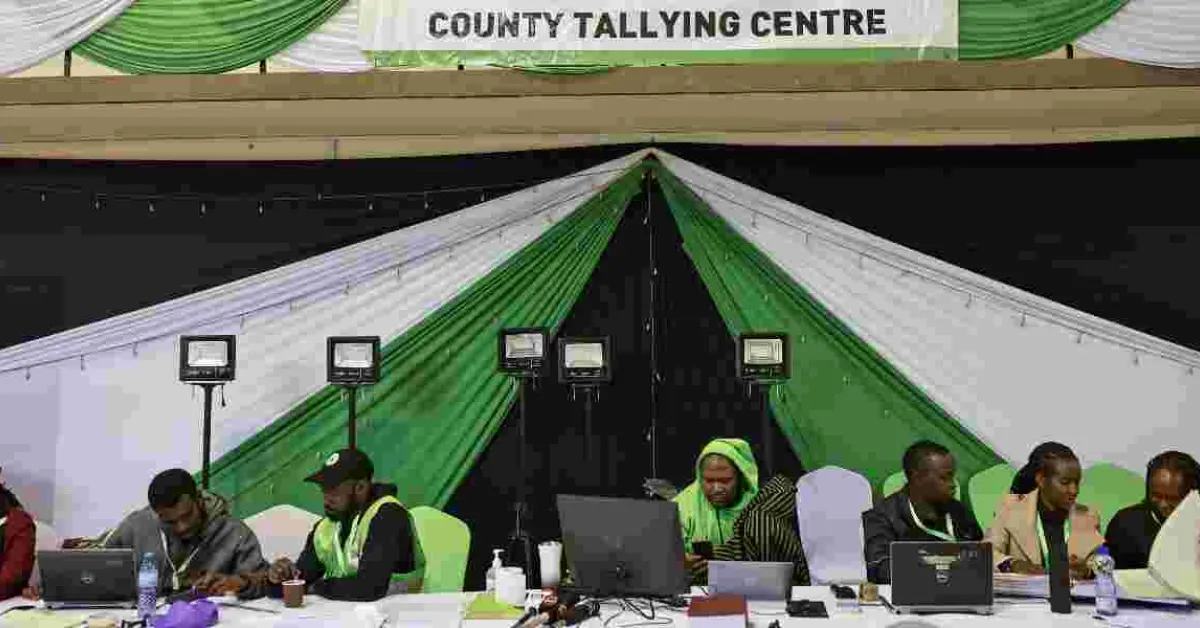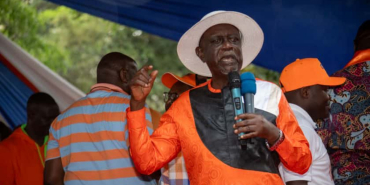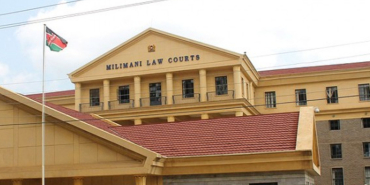New Bill Seeks to Force IEBC to Share Electoral Data Within Three Days

The landscape of electoral oversight in Kenya is poised for a significant shift as the Senate deliberates on a new Bill aimed at enhancing the transparency of the Independent Electoral and Boundaries Commission (IEBC).
The proposed Elections (Amendment) Bill, 2024, introduced by Senate Minority Leader Stewart Madzayo, responds to long-standing criticisms regarding the IEBC's opaque operations, particularly concerning pre- and post-election data access. Historically, the IEBC has faced scrutiny for its reluctance to grant access to its servers and voter registries, often in defiance of court orders.
This proposed legislation seeks to implement stronger accountability measures within the IEBC’s operational framework, rooted in recommendations from the National Dialogue Committee (Nadco) report. Importantly, it aligns with existing laws such as the Access to Information Act, the Data Protection Act, and the IEBC Act.
If enacted, the Bill will compel the IEBC to make essential electoral technology and data accessible, requiring information requested in electronic formats to be provided free of charge. For requests in hardcopy format, the Bill permits the commission to impose fees that reflect only the actual reproduction costs. This provision aims to lower the barriers that have previously impeded political parties and candidates from obtaining vital electoral data.
Notably, the legislation includes strict timelines for the IEBC's response to information requests: data related to presidential elections must be provided within three days, while requests for other electoral positions must be addressed within seven days. The need for such reform is highlighted by ongoing controversies surrounding the IEBC, particularly regarding unauthorized data breaches that raise concerns about potential manipulation.
Recent regulations on Computer Misuse and Cybercrime mandate the IEBC to localize its critical information infrastructure, hence enforcing compliance with stringent data protection protocols. The implications of these legislative efforts are particularly critical in the context of past electoral irregularities, such as the Supreme Court's nullification of the 2017 presidential election results largely due to the IEBC's refusal to allow access to its servers.
Concerns about the storage of essential electoral data outside Kenya have intensified calls for local data management aimed at safeguarding against foreign influences and potential data breaches. The upcoming debate on the Elections (Amendment) Bill is crucial, extending beyond administrative adjustments to the core of democratic governance in Kenya. Should the Bill pass, it may mark the beginning of a new era for electoral integrity characterized by heightened engagement and oversight from stakeholders.














Add new comment